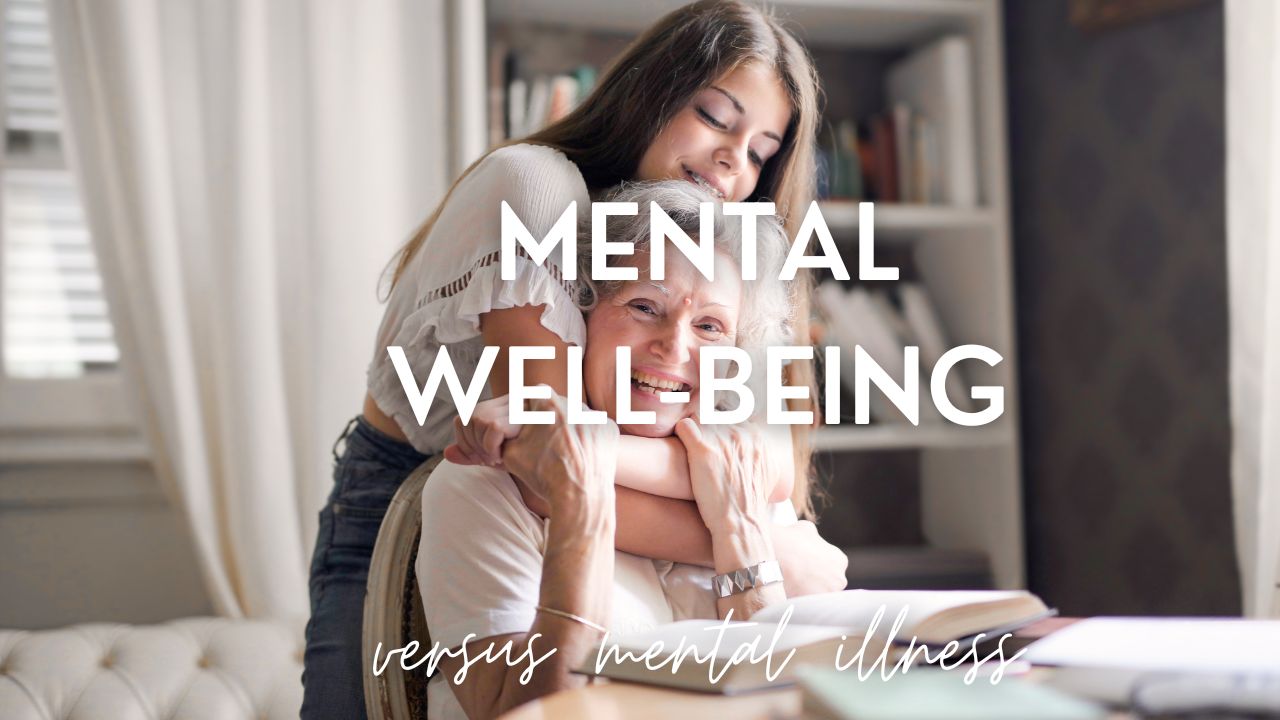Mental well-being is at the core of our ability to live happy, productive, and meaningful lives, yet it has long been a taboo topic. Mental health refers to our emotional, psychological, and social well-being. In contrast, mental illness refers to conditions that affect a person’s thinking, emotions, behaviors, and motivations, such as depression, anxiety, bipolar disorder, or schizophrenia. Many people struggle to understand the causes of mental illness and the differences between mental health and mental ill health, leading to confusion and a lack of support.
The World Health Organization (WHO) reports that 800,000 individuals die by suicide each year, 20% of the world’s children and adolescents have a mental disorder, and depression affects 264 million people worldwide. The rise of mental illness globally is due to genetics, social context, family background, and the ability to manage stress and regulate emotions. It is essential to prioritize and build routine mental health practices into our daily lives and provide support for those with mental illnesses and those who need support to function well and be resilient.
Just as our physical health and well-being need attention, the same applies to our mental health and well-being. People who suffer from mental illnesses or disorders struggle to deal with everyday tasks and underperform in many areas of their lives, including self-care, thinking, decision-making, education, productivity, and social well-being. People often get hijacked by their thoughts and emotions, go into dark spaces, and lose touch with reality. These thoughts and feelings can trigger a slew of emotions and conditions, such as fear, anger, stress, anxiety, and insomnia, creating havoc in our personal and professional lives. Our thoughts and feelings are powerful and impact the quality of our life experiences.

Emotional, Psychological, and Social Well-Being
Sound mental health also includes our emotional, psychological, and social well-being. It enables us to be productive, maintain a positive outlook on life, navigate daily challenges, build meaningful relationships, and achieve our potential. Organizations and institutions must quickly address the need for preventive care. Given the severe impact of the pandemic, we will continue to see a decline in people’s mental health as they struggle to re-emerge, reintegrate, and rebuild their lives.
The pandemic has taught us that we live in an uncertain, disruptive, and impermanent world. There are no guarantees in life. Yet all of us face the task of overcoming challenges, learning to live with uncertainty, and finding ways to be engaged, productive, and happy. While this is no minor task, we can hone these skills. We can teach people to be more centered and less emotionally reactive. We can help them develop a solutions mindset and navigate challenges with detachment and skill. Building emotional centeredness and mental resilience is a learned skill for many.
Building an effective mental health strategy might still feel quite daunting. However, there is a simplified approach. It stems from mindfulness-based practices and teaching people simple skills to regulate their minds and emotions, get back in control, and move to a better place. Programs must first focus on building individual mental health and well-being. For example, when one exercises regularly, eats more nutritious food, feels healthier, and is more energized, their mental well-being also improves. It’s important to remember that mental health is just as important as physical health and should be given the same attention and care.
Radhika Vachani
Founder & CEO
Institute of Inner Wellbeing & Excellence
www.instituteiwe.org
BEGIN YOUR WELL-BEING JOURNEY FOR FREE ON OUR JUST BREATHE DIGITAL PLATFORM.





